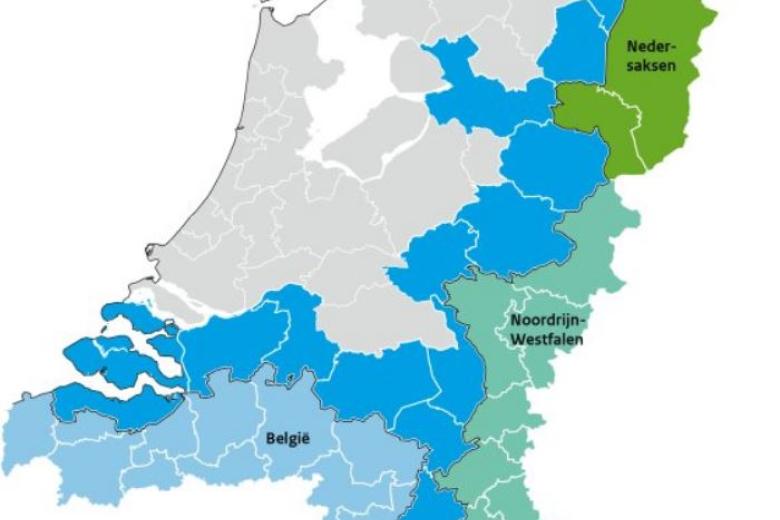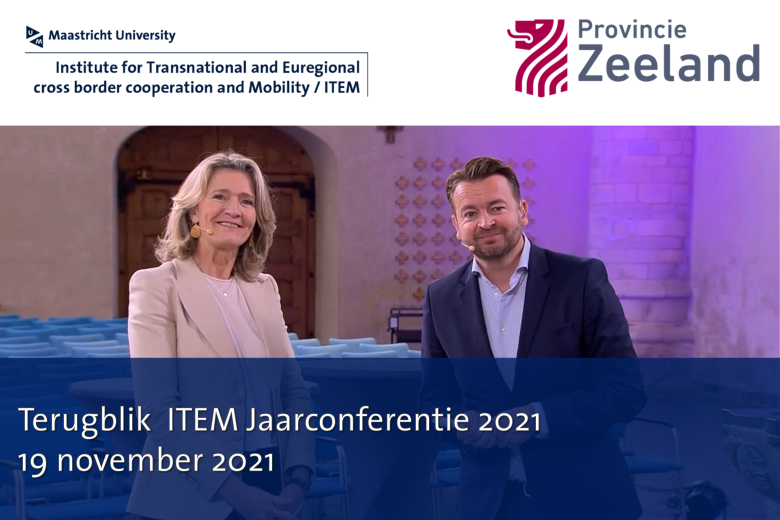Report on frontier workers in Europe leads to proposal for legislative amendment by minister
The Dutch Ministry of Health, Welfare and Sports has responded in a letter to the House of Representatives, which has ensured that a recommendation from the report ‘Grenswerkers in Europa' (frontier workers in Europe) has been resolved.
On 5 September 2018, the Minister for Medical Care and Sports, Minister Bruins, informed the Lower House of Parliament by means of a letter to parliament about his steps for surviving dependants' pensions of treaty beneficiaries.
The report ‘Grenswerkers in Europa – een onderzoek naar fiscale en sociaalverzekerings- en pensioenaspecten van grensoverschrijdend werken', was published in June 2017 by the Vereniging voor Belastingwetenschap (Association for Tax Science) chaired by Prof. Dr. Marjon Weerepas (ITEM Expertise Centre / Faculty of Law, Maastricht University) and yielded 39 recommendations. The report recommended, among other things, that surviving relatives who are not independently entitled to treaty benefits should retain their derived treaty right after the death of their partner.
In the current situation, persons who live abroad but do not have an independent treaty right after the death of their partner must provide replacement medical expense coverage in the country where they live. This creates an undesirable additional administrative burden.
The Minister included the recommendation in a proposed amendment to the Regulation. The amendment has yet to be discussed and accepted through the European legislative process, so it is not clear how long it will take before the amendment is implemented.
Read the complete document here.
Source: Central government, Ministry of Health, Welfare and Sports
More from ITEM
Also read
-
Provincial elections from a cross-border perspective
On Wednesday 15 March 2023, there will be elections in the Netherlands. We will then vote for the Provincial Council and the District Water Board. Seven of the 12 Dutch provinces border a neighbouring country. Cross-border cooperation and special attention for border regions is therefore extra...

-
Recap ITEM Annual Conference 2021: Empowering border regions - More than ever?
The importance of cross-border cooperation manifests itself more than ever during the coronapandemic. Multi-level governance is the foundation for taking the next steps; looking for each other and perpetuating relationships at all levels, in administration, politics and practice. This became clear...

-
Working from home will disadvantage cross-border workers unless rules are changed
Unless the EU rules and tax treaties are amended, some cross-border workers will soon have to pay tax in two countries: in their country of residence for hours spent working from home, and in the country in which they work for hours spent in the office. Since COVID-19 has made working from home...





